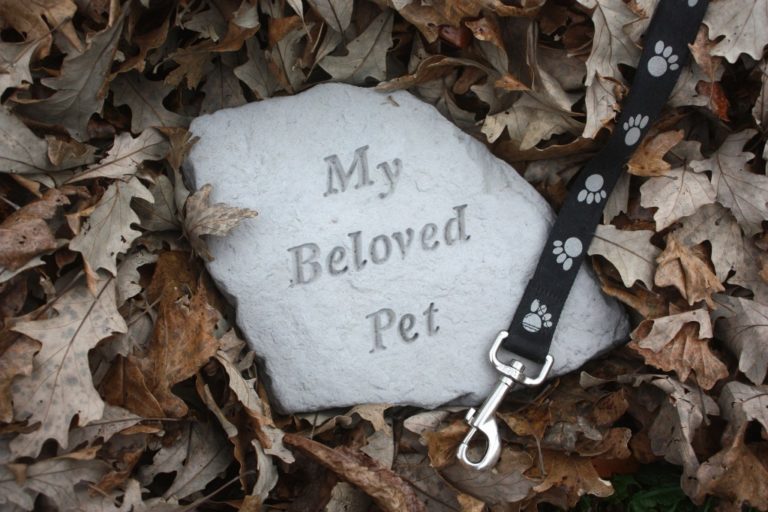As a vet, you know that your clients, the pet owners, rely on you for their furry friend’s health. What you might not be aware of is that they can also hang on to you in times of grief. This serves as the reason why vets should consider investing in sympathy cards or messages. They can go a long way in healing a broken heart.
The Pain of Pet Death
Death is a natural process of life—it is inevitable. Pet owners, therefore, will lose their dogs, birds, and cats at some point in time. Barring anything that will cut their lives short, humans will also exist longer than their fur babies. In other words, they will likely see their beloved pets die. The question is, how painful is it going to be? In some cases, they can hurt worse than losing a human family member. There are many reasons for this.
One, it’s normal for humans to treat their pets as family members, considering them as either babies or companions. People give them names (sometimes even full names). Humans spend a lot of money to provide what they think their pet needs. The enrollment for pet health insurance policies increased by 20% in 2018, according to Healthy Paws. Within the same period, claims surged by 31%, which means more people are bringing their dogs and cats to the vets.
Second, due to the lifespan of these animals, their passing may be their pet owner’s first experience of death. Depending on age, such a concept may not be easily acceptable. Take, for example, children losing their first pets. In a study by Canisius College, the researchers found out that kids process pet death differently. They were more accepting if the pets that died were fish and hamsters, not dogs and cats. They may also struggle with grief if the demise is unexpected.

Third, and perhaps the most important of all, the societal norms prevent these owners to grieve openly. It’s highly unlikely for these individuals to file for leave or take a vacation. They may fear the judgment that comes with it. The inability to receive social support can potentially extend the grieving period. It will also force them to bottle up their emotions, magnifying the hurt and the pain.
Pet Loss and Depression and Anxiety
What makes pet loss even more significant is the fact it can increase the risks of feelings of depression and anxiety. A Japanese study revealed that pet owners may develop frequent neurotic symptoms immediately after the death of their furry friends.
Some people might experience anticipatory grief, which is grief even before the pet dies. This further increases the likelihood of experiencing mood problems or mental issues. Those who need to make tough decisions such as putting their pets to sleep might fare worse. They can carry feelings of blame, shame, and guilt for weeks or months.
There are many ways to grieve, but it’s always a personal process. Only the grieving has to deal with it. As veterinarians, however, you can be more compassionate.
